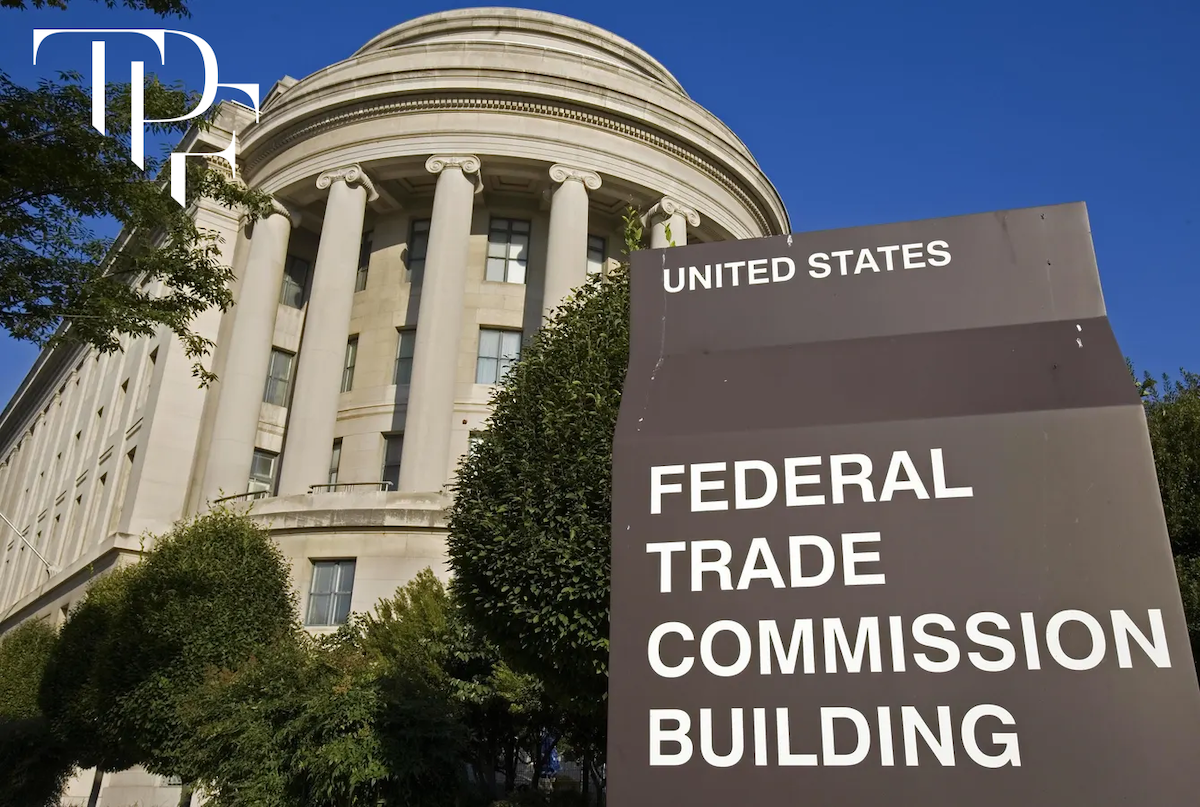 FTC’s Recent Ruling Regarding Non-Compete Agreements: Safeguarding Business Interests and State Rights
FTC’s Recent Ruling Regarding Non-Compete Agreements: Safeguarding Business Interests and State Rights
What was the ruling?
This ruling, outlined in detail in the FTC’s fact sheet, marks a significant step towards reevaluating the prevalence and enforceability of non-compete agreements in the modern workplace. Link to FTC Fact Sheet
Protecting Business Interests
Non-compete agreements serve as vital tools for businesses to protect their investments, proprietary information, and competitive edge. By preventing employees from joining competitors or starting rival ventures, these agreements help maintain the integrity of trade secrets and proprietary technologies, fostering a climate of innovation and growth within industries.
Moreover, non-compete agreements promote stability and continuity within businesses, allowing employers to invest in employee training and development with the assurance that their investments will not be exploited by competitors.
Michigan’s Legal Framework
Michigan’s legal stance on non-compete agreements is clear and well-established. As affirmed in Coates v Bastian Brothers, Inc 276 Mich App 498, 507; 741 NW2d 539, (2007), noncompetition agreements are, in principle, enforceable in Michigan. While contracts are generally presumed valid, these agreements are disfavored as restraints on commerce. Similarly, Bristol Window and Door, Inc v Hoogenstyn (250 Mich App 478, 486-487; 650 NW2d 670, (2002), citing Hubbard v Miller 27 Mich 15, 19 (1873), underscores that noncompetition agreements were historically considered valid and enforceable in Michigan common law if made for a good faith purpose to protect legitimate interests and were reasonable between the parties.
Despite Michigan’s brief adoption of statutory provisions ostensibly prohibiting noncompetition agreements, the state’s Supreme Court continued to evaluate their enforceability through the “rule of reason.” The enactment of the Michigan Antitrust Reform Act (MARA) in 1985 repealed these statutory provisions, further affirming the enforceability of non-compete agreements (Bristol Window, 250 Mich App at 492). Today, in Michigan, non-compete agreements are completely legal and enforceable as long as they meet certain parameters.
In St Clair Medical, PC v. Borgiel (270 Mich App 260, 266, Mich Ct App 2006) the Michigan Court of Appeals emphasized that a restrictive covenant must protect an employer’s reasonable competitive business interests. Still, its duration, geographical scope, and the type of employment or line of business must be reasonable. Additionally, it must be fair between the parties and not specially injurious to the public.
Protecting State Rights
It is our strong opinion that the issue of non-competition agreements should remain within the purview of state regulation. States are best positioned to balance the interests of businesses, employees, and the public, reflecting the unique economic and social landscapes of their jurisdictions. Federal intervention risks overreach and undermines the autonomy of states to enact laws that serve the best interests of their constituents.
Conclusion
In conclusion, non-compete agreements play a vital role in protecting businesses from unfair competition and preserving the integrity of industries. Michigan’s legal framework, underscored by significant case law, reaffirms the enforceability of these agreements while emphasizing the need for reasonableness and fairness. As debates surrounding non-compete agreements continue to unfold, it is essential to uphold state rights and advocate for policies that strike a balance between protecting business interests and promoting fair competition. It is our opinion that the FTC’s recent ruling will be challenged and enjoined in the next four months (prior to the date that the ruling takes effect). Therefore, all parties are cautioned to conduct themselves accordingly and strictly adhere to non-compete agreements that have been executed and that are in effect. In short – take no action based upon the FTC’s April 23, 2024 ruling – conduct business as usual.
For further inquiries or assistance regarding non-competition agreements, interested parties are encouraged to contact:
The Private Firm
125 E. 3rd Street
Ste. 100
Rochester, MI 48307
248-781-4500


